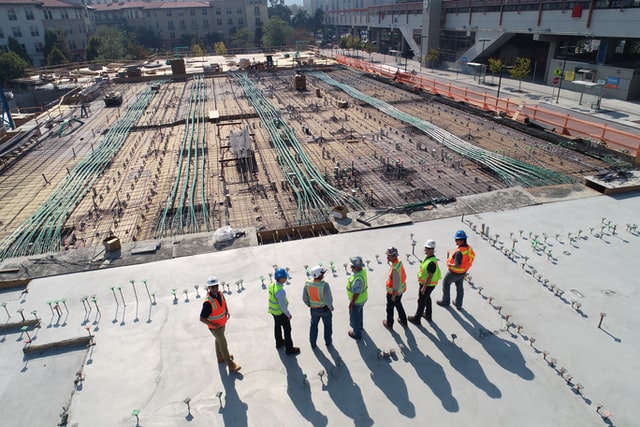- Home
- Rennovation
- Top Considerations for Construction Project Managers

Top Considerations for Construction Project Managers
Construction project managers have a lot on their plate, especially when beginning a project. Your employer and your clients expect you to successfully deliver a job in accordance with the contract, construction plans, and specifications. On the administrative side, you’re responsible for bringing the project under budget and within schedule. In the field, you’re supervising one or more construction crews, making sure they have the equipment needed to build the job correctly. Here are some things to consider.
Emphasizing Safety
Construction sites can be very dangerous places to work. Between the heavy machinery and site hazards, there are several threats to your workers. It’s important to have a comprehensive safety plan that includes OSHA training, frequent site inspections, and providing personal protective equipment or PPE for everyone on site. Workers should be trained and knowledgeable about operating the machines and tools that are in their care. You also need to provide signs, barricades, and other equipment to restrict access to dangerous parts of the work zone.
Securing Equipment
The schedule is a critical aspect of project performance. Meeting internal deadlines and project milestones means completing the various work activities according to their planned durations. For example, a delay in the arrival of your backhoe delays the start of excavation work. This can lead to a delay in the start of other work that depends on the completion of excavation. Making sure that equipment and tools are available is crucial to success. You also need to have a plan in advance for equipment breakdown, like a contract with a repairer of bridge cranes Louisville.
Communicating Frequently
Communication is a big part of a project manager’s job. You’re providing updates on job progress and field issues to your clients and your bosses. You’ll need to communicate with the architects or engineers who created the plans and specs you’re building from. Your field office and vehicle should have the equipment needed to convey project information to whomever whenever. This means having Internet in your field trailer for sending emails, a photocopier/scanner for uploading documents, and other telecommunications devices needed to provide real-time updates as needed.
These are just a few of the many things that you’ll be in charge of as a construction project manager. Project progress, site safety, and communication are three of your biggest responsibilities. It’s important that you plan accordingly, especially in coordination with your support staff. A detailed, comprehensive approach improves your chances of successful project delivery.





